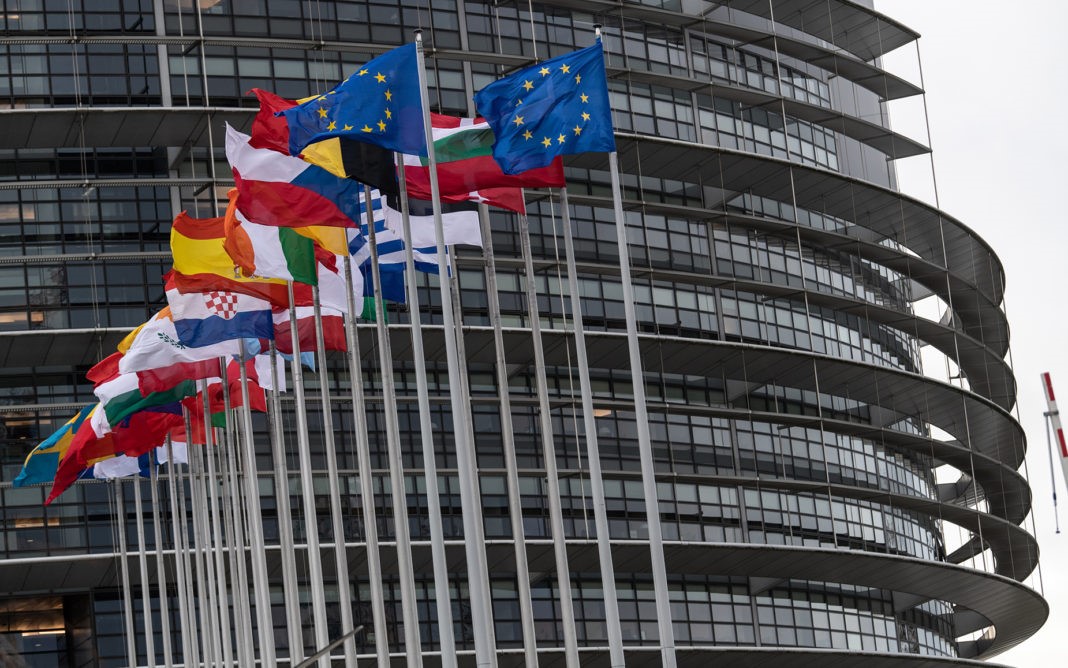Cost-effectiveness is not a determining factor for allocating public funding to energy efficiency measures in residential buildings, according to a new report from the European Court of Auditors. Despite improved guidance from the European Commission, EU-funded projects still do not focus on achieving the greatest potential energy savings per euro invested. The overall contribution of EU funding to the Union’s energy efficiency targets is not clear, say the auditors.

Faced with the challenge of mitigating climate change, EU leaders have committed to saving 20 % of the EU Member States’ projected energy consumption by 2020 and 32.5 % by 2030. Buildings consume the greatest share of energy and have the largest energy-saving potential. They therefore play a pivotal role in meeting the EU’s energy savings targets. For 2014-2020, the EU allocated some €14 billion to improving the energy efficiency of buildings, €4.6 billion of which was for residential buildings. In addition, Member States budgeted €5.4 billion in national cofinancing for improvements to all types of building, around €2 billion of which was for residential buildings.
“Improving the energy efficiency of buildings is key to achieving the EU’s commitment to reduce energy consumption”, said João Figueiredo, the Member of the European Court of Auditors responsible for the report. “This means EU money must prioritise projects that deliver energy savings and other benefits in a cost-effective way.”
The auditors criticise national authorities in Member States for failing to target EU funds towards the projects that are most likely to realise energy savings. They do not always assess initial energy consumption, potential energy savings and investment needs when setting up EU-funded programmes. In addition, national authorities fail to incentivise deep renovations by, for example, allocating higher aid rates to them. On the contrary, the auditors note, most provide 100 % grants regardless of the expected energy savings. As a result, some projects used EU financing for simple upgrades (such as installing LED lighting) that may well have happened without EU support.
National authorities frequently require energy audits and performance certificates to evaluate investments. However, they do not use them for selecting projects, the auditors point out. In most cases, they allocate grants to projects on a first-come first-served basis, without comparing relative costs and benefits. This increases the risk of financing projects in excess of their potential energy savings, in particular when no ceiling is applied on the cost per unit of energy saved. In addition, since the cost-effectiveness of the investments is not measured, it is not possible to know how much energy will have been saved by investing a total of €6.6 billion of 2014-2020 public spending in residential buildings, the auditors conclude.
As regards the next generation of programmes, the auditors make a number of recommendations to enhance the cost-effectiveness of EU spending in this area. These cover:
• planning and targeting investments;
• project selection procedures;
• monitoring progress towards the EU energy efficiency targets.
(Source: EUROPA)